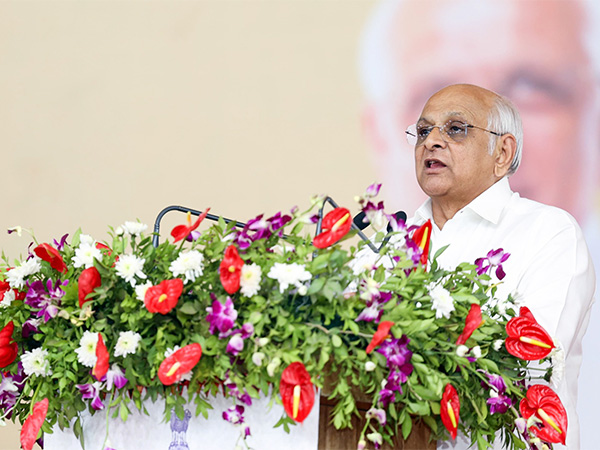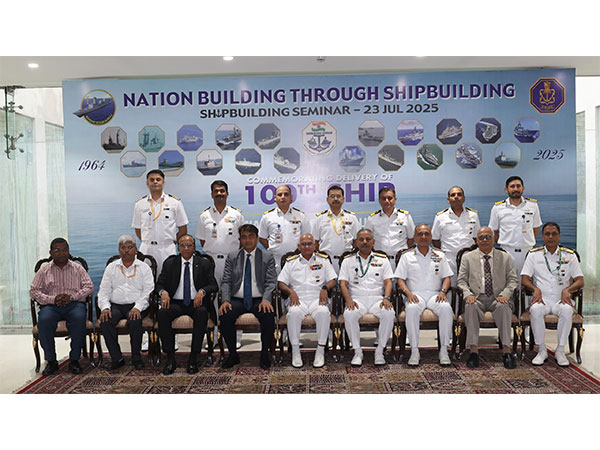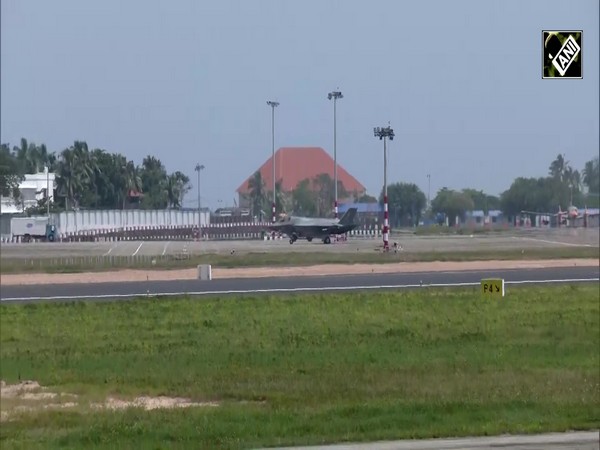Lok Sabha takes up bill to combat piracy, promote security of India's maritime trade
Dec 07, 2022

New Delhi [India], December 7 : The Lok Sabha on Wednesday took up for consideration a bill that seeks to provide an effective legal instrument to combat piracy not only in territorial waters and the exclusive economic zone (EEZ) but also on the high seas.
Moving the Anti-Maritime Piracy Bill, 2019, for consideration of the House, External Affairs Minister S Jaishankar said that most of the recommendations of the standing committee have been incorporated in the bill. He said India does not have a specific law or legal provision in the IPC or the CrPC on piracy.
"This Bill along with the amendments would provide an effective legal instrument to combat piracy not only in territorial waters and the EEZ but also on the high seas," he said.
The minister said India's security and economic well-being is inextricably linked to the sea and maritime security is a prerequisite with more than 90 per cent of the country's trade with the world taking place through sea routes and more than 80 per cent of hydrocarbon requirements being seaborne.
"The security of our sea lanes of communications is critical to our national well-being. India is also one of the largest providers of seafarers in the world. We are a signatory to the UNCLOS, 1982 which was ratified in 1995. The passing of the bill will fulfill the expectations of this Convention for cooperation and repression of piracy in the high seas," he said.
The minister said that Prime Minister Narendra Modi had chaired a UN Security Council session in 2021 focussed exclusively on maritime security.
"The passing of the Bill today is a logical follow-up of our maritime initiative, and will also enhance our maritime security including those of our trade routes, and the welfare of our seafarers in international waters. It, therefore, merits for consideration and passing of the Bill," he said.
Taking part in the debate on the bill, Congress member Manish Tewari said that ungoverned spaces actually create the conditions for pirates to operate.
"Unfortunately, since 2008-2009, Somalia and Yemen have been in a rather disturbed state of affairs. Therefore, the Gulf of Aden, the North Arabian Sea, the coasts of Somalia and Yemen have been piracy-prone now for almost a decade-and-a-half, if not more. For India, the sea lanes of commerce, especially the ones which transit through these seas and also the ones which then transit from the Hormuz to the Malacca, really constitute the lifeblood of our global trade," he said.
He said the growing Chinese presence in these waters has implications for the country's national security.
"In a recent report, which was given by the Department of Defence to the US Congress on China's military power, very specifically flagged the question of China's naval presence and especially that the base in Djibouti would be able to host the Chinese aircraft carriers and other Chinese PLA and Navy assets in this particular region in a rather elevated or enhanced manner. Therefore, under those circumstances, more than piracy, it is actually the Chinese naval presence in the Northern Arabian Sea and the Western Indian Ocean which is going to become our foremost challenge," he said.
Tewari said India needs to reconsider its forward-basing policy also because "you cannot have a secure Northern Arabian Sea and Western Indian Ocean if you do not have bases to be able to forward-deploy."
"China has very successfully leveraged its debt diplomacy in order to expand its basing presence around the Rim of Africa. So, they are exploring bases in Madagascar in addition to various other countries. I would like to ask the Minister... India had been in talks with Mauritius. I think, we were doing something on the Agalega Islands. We were also doing something with Seychelles on the Assumption Islands. Therefore, it would be interesting if the Minister could throw light on what really India would do," he said.
Several other members took part in the debate on the bill.



















